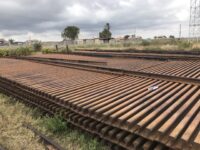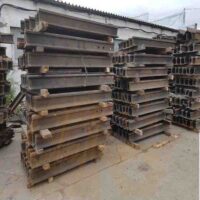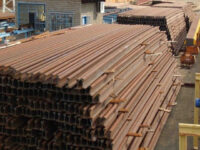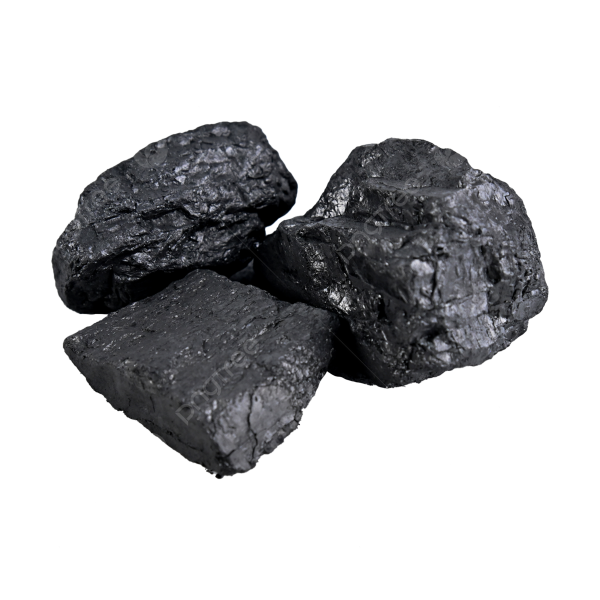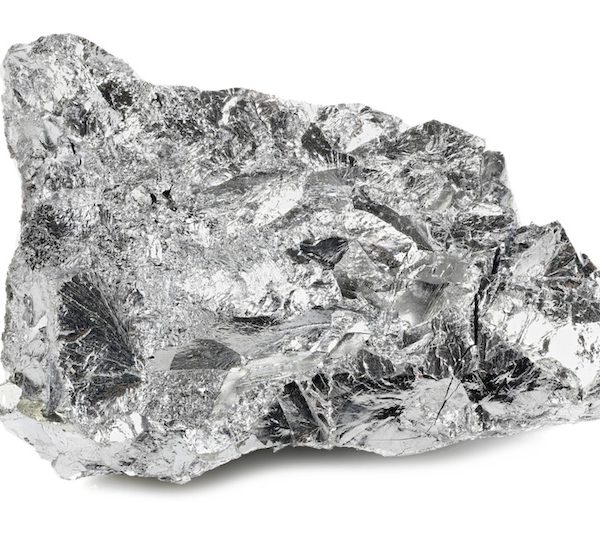Type: HMS Scrap/cutting scrap/LMS scrap
HMS Scrap Rail
Description:
Scrap rail is a type of recycled metal that is derived from used or discarded railway tracks. It is a valuable commodity in the metal recycling industry due to its high iron content and consistent quality. Scrap rail is typically processed and melted down to produce new steel products.
Key Source Countries:
The primary source countries for scrap rail include:
- India
- United States
- China
- Canada
- Japan
- Australia
World Output Volumes:
The global output of scrap rail varies depending on factors such as economic conditions, infrastructure development, and recycling initiatives. However, it remains a significant source of recycled steel.
Major Producers and Market Share:
The major producers of scrap rail are typically large metal recycling companies and scrap yards located in the key source countries. The market share for scrap rail production is competitive and can fluctuate based on factors such as economic conditions and government policies.
Forms of Trade:
Scrap rail is typically traded in bulk quantities, often in the form of:
- Loose bulk
- Containerized shipments
- Railcar loads
Price Trends (Past 5 Years):
The price of scrap rail has experienced fluctuations over the past five years, influenced by factors such as:
- Global steel demand
- Economic conditions
- Supply and demand dynamics
- Government policies
Major Importing Countries:
The major importing countries for scrap rail include:
- China
- India
- Turkey
- Pakistan
- South Korea
Major Exporting Countries:
The major exporting countries for scrap rail include:
- United States
- Canada
- Australia
- Japan
- India
Considerations for International Traders and Buyers:
When trading or buying scrap rail internationally, it is important to consider the following factors:
- Quality: Ensure that the scrap rail meets the required specifications and standards for the intended use.
- Documentation: Obtain necessary documentation, such as certificates of origin, quality certificates, and customs declarations.
- Logistics: Arrange for efficient transportation and logistics to minimize costs and delays.
- Market Fluctuations: Be aware of price fluctuations and market trends to make informed decisions.
- Government Regulations: Comply with relevant import and export regulations in both the exporting and importing countries.
- Environmental Considerations: Consider the environmental impact of scrap rail recycling and ensure compliance with relevant regulations.
By carefully considering these factors, international traders and buyers can successfully navigate the scrap rail market and benefit from the opportunities it presents.

